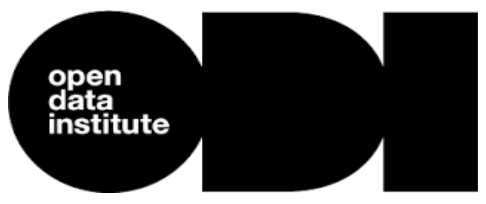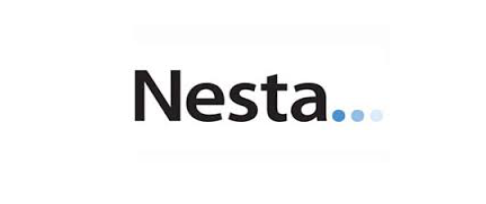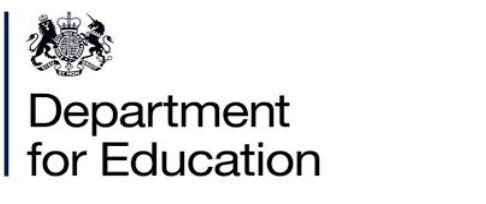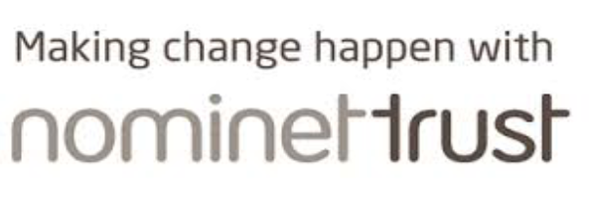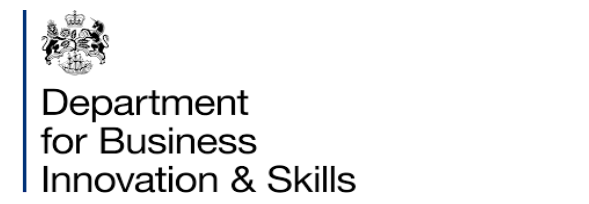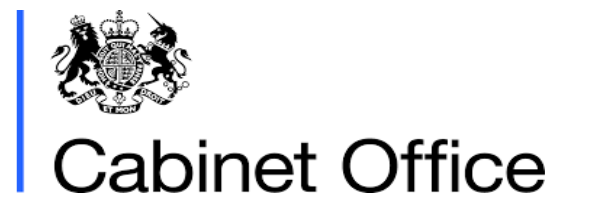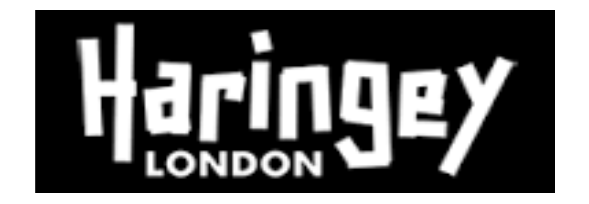We recently spent some time talking to sixth form students about how they decided what to study. We very much enjoyed our conversations and it has given us a fresh perspective and some new ideas about what tools and technology could do to help young people to make better informed decisions in the future.
Through a workshop-style session we explored what they did, read, used and who they spoke to in order to make their decision about what to study in sixth form. Their answers ranged from specific books like Malcolm Gladwell’s ‘Outliers’ to conversations with siblings and friends, from taster sessions to university requirements. It’s clear that the breadth of information sources is vast but that the skills required to elicit the information you need are fairly high level - and require a degree of personal commitment and reflection. Ultimately the young people that we spoke to reaffirmed our view that much of the process is driven by who you are and what your personal interests, experiences, motivations and aspirations are. This is certainly in line with the observations that our teachers shared in our informal research - but with the added expectation that academic performance should be the first consideration.
One of the most interesting discoveries that we made was the lack of knowledge that young people have about specific careers education terminology - the definition of vocational, the average UK salary at age 35 and what UCAS is were just a few examples. It is this lack of language which suggests an important role for CEIAG throughout the curriculum - so that all young people are able to access, understand and apply the hugely comprehensive information available freely on the internet.

